5905010929679
Price Quote Get an up to date pricing and availability quote for this product. Order online or over the phone.
Quality Commitment
Serving our customers with quality and safety first.
- AS9120 Certified
- Audited supply chain
- ITAR Registered
- DDTC Registered
- HAZMAT Certified
- Customer service objectives
- Every product 100% inspected

5905-01-092-9679 Specification Set by the OEM (see RNCC code 3)
1
rectangular
not established
0.850in. ⁓55/64"
0.206in.
0.466in.
0.160in.
0.100in.
0.130in.
0.750in.
0.160in.
0.260in.
round, slotted
single shaft
7200.0
0.500in.
lower adjacent side two rows
terminal
0.100in.
20.0 percent, rated amperes c and better flooring
7200.0
0.200 in.
125.0 single section
-100.0/+100.0 single section
1.0 7th secondary quality
-10.0/+10.0 single section
clutch
40.0 single section
a single section
3 pin
Cross Reference Parts Part numbers that meet the specification outlined on this page and set by the OEM
Identification Item Identification Guide (IIG) and Item Name Code (INC)
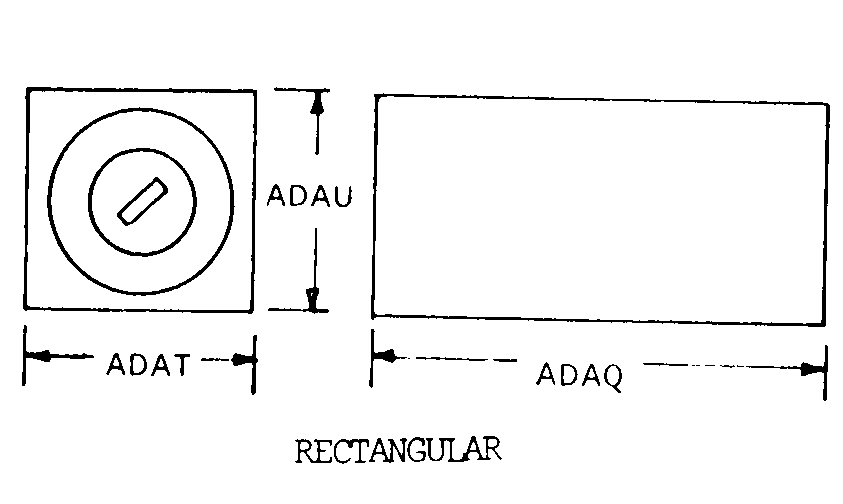
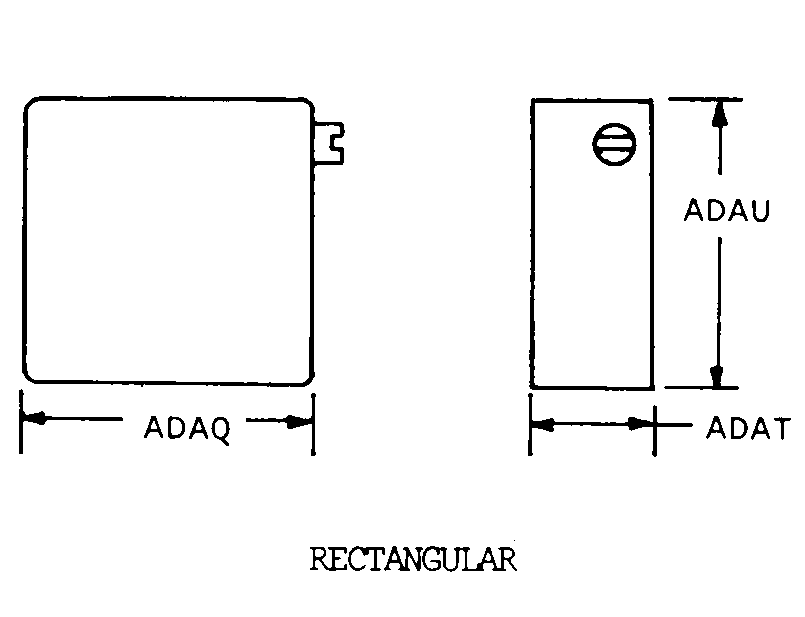
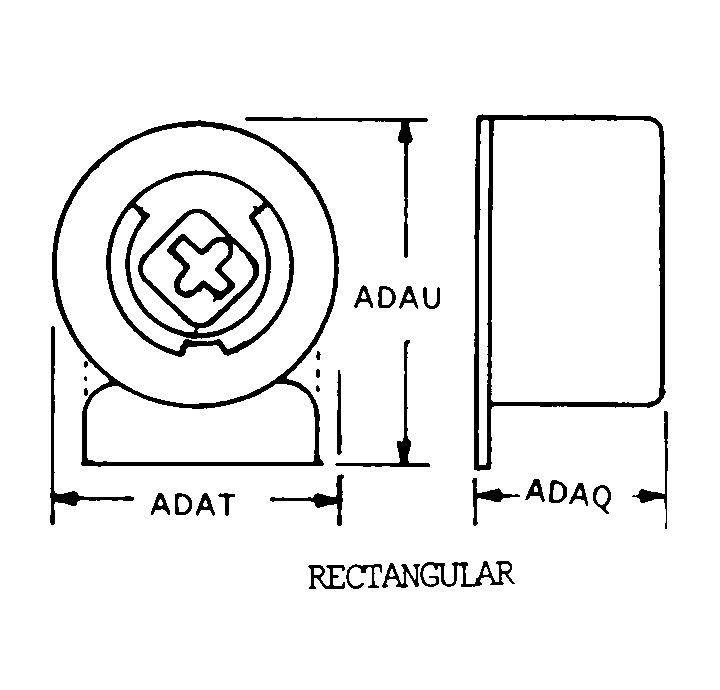
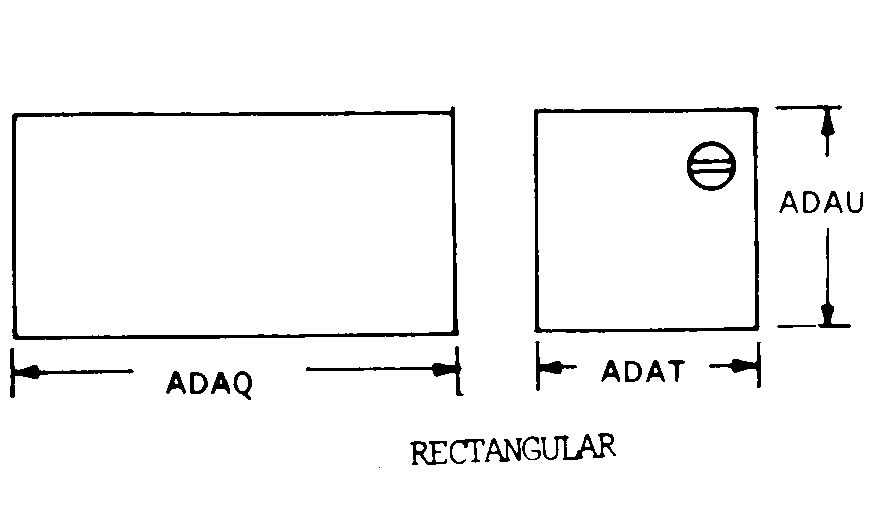
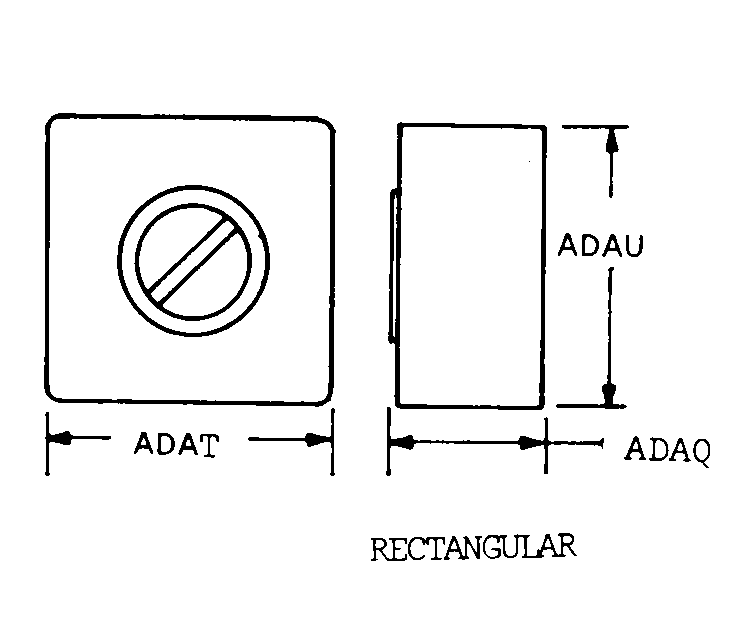
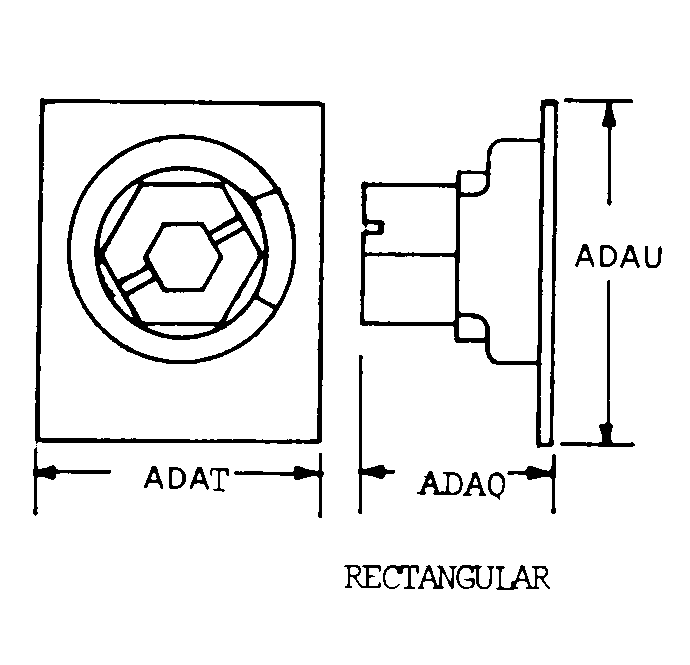
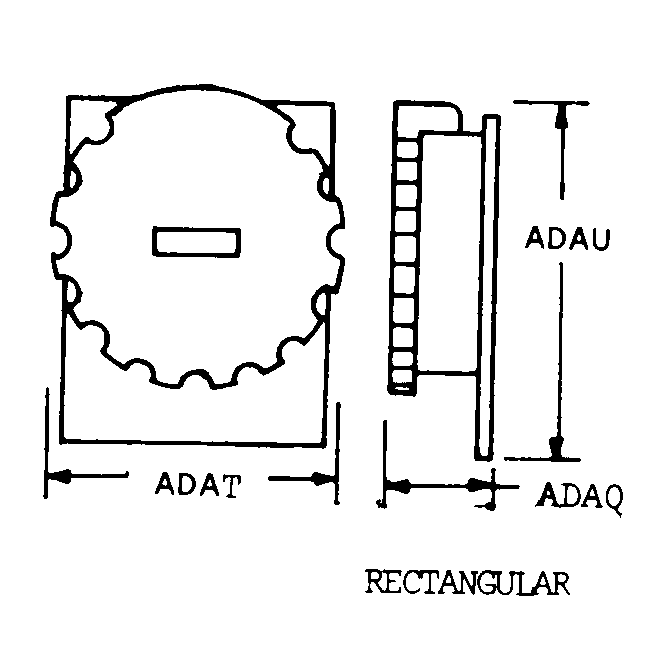
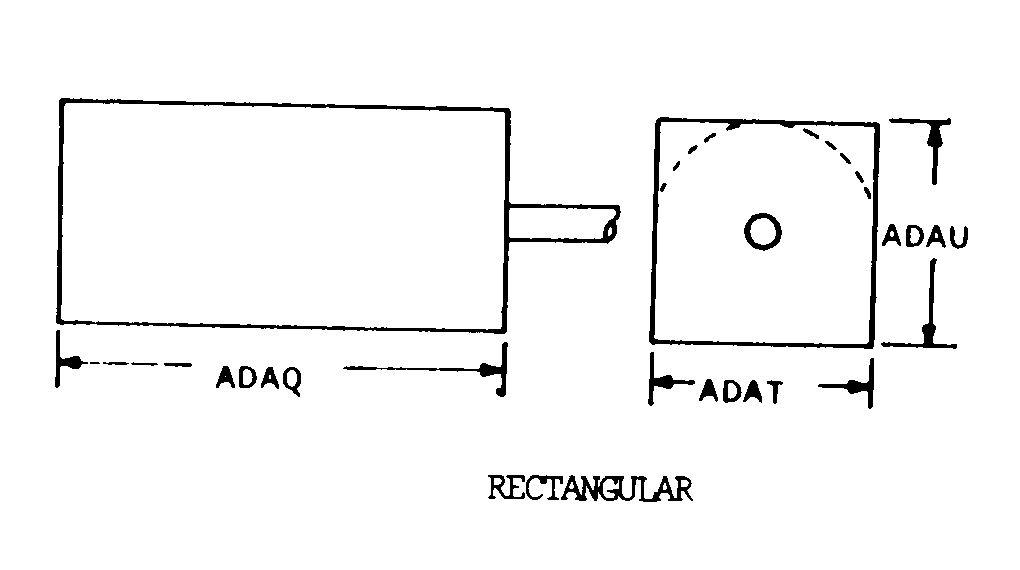
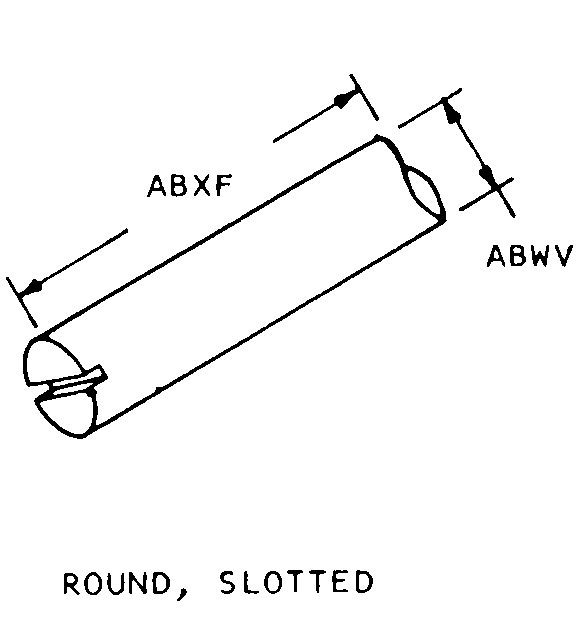
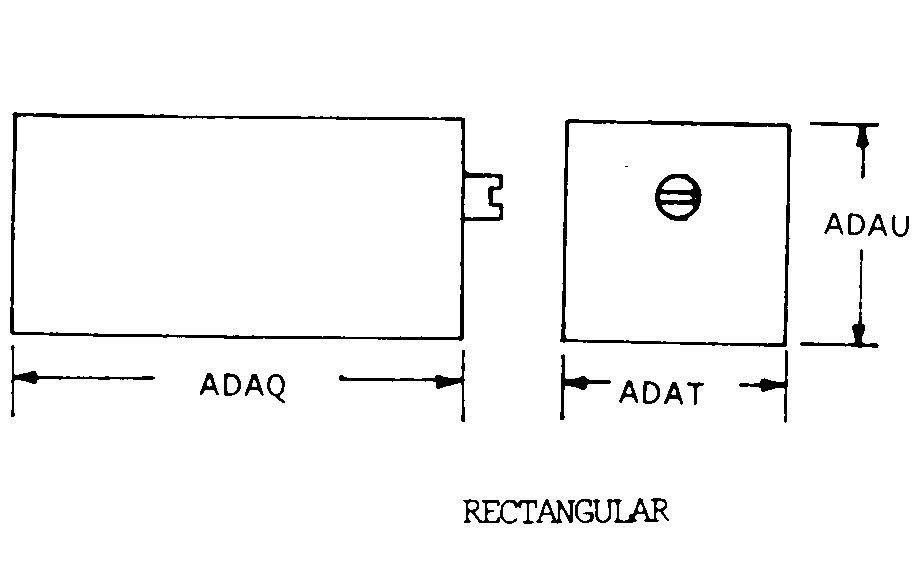
Definition Definition of approved item name (AIN): "RESISTOR,VARIABLE,WIRE WOUND,NON"
A resistor in which a sliding or rolling contact moves over an exposed area of the resistive element to change the ohmic value of the output. The functional tolerance (linearity), if given, of the output is greater than plus of minus 1 percent on linear outputs. Specified outputs such as sine, cosine, tangent, etc., shall be considered to be precision. For items having manually positioned taps designed to be set and fixed prior to use, see resistor, adjustable. For items with step by step variation, see rheostat and resistor, step by step. For tandem-mounted items designed to function together as an attenuator (and rated accordingly), see attenuator, variable. Excludes resistor (1), variable, nonwire wound, nonprecision; resistor (1), variable, nonwire wound, precision; and resistor (1), variable, wire wound, precision.
Packaging & Dimensions Packaging instructions, special markings, and approx. weight/dims
Packing shall be accomplished to meet the performance test requirements of astm-d4169, distribution cycle 18, assurance level 2.
Packing shall be accomplished to meet the performance test requirements of astm-d4169, distribution cycle 18, assurance level 3.
All packaging data is mandatory for compliance and no substitutions are permitted. fast packs should be included in this category.
Packaging Codes
OPI: Optional Procedure Indicator Code. A one position alpha code that indicates the allowable deviations from the prescribed requirements.
SPI No.: Special packaging instructions number.
LVL A/B/C: Indicates the type of shipping container required for level A, B, or C maximum packing protection.
SPC Mkg: A two position code that identifies the special markings applied to the container, which is part of the total pack to protect the contained item during preservation, packing, storage, transit and removal from the pack.
5905-01-092-9679 Material Hazmat, Precious Metals, Criticality, Enviroment, and ESD
Indicates there is no data in the hmirs and the nsn is in a fsc not generally suspected of containing hazardous materials.
Precious metal content is unknown
The item does not have a nuclear hardened feature or any other critical feature such as tolerance, fit restriction or application.
Identification Codes
HMIC: Hazardous Material Indicator Code. A one position code that identifies a hazardous item.
PMIC: Precious Metal Indicator Code. A one position code which identifies items that have precious metals as part of their content. precious metals are those metals generally considered to be uncommon, highly valuable, and relatively superior in certain properties such as resistance to corrosion and electrical conductivity.
ESD: Electrostatic Discharge. Indicates if an item is susceptible to electrostatic discharge or electromagnetic interference damage. electrostatic discharge damage occurs when an accumulation of static electricity generated by the relative motion or separation of materials is released to another item by direct contact. electromagnetic interference damage occurs when an item comes into proximity with an electrostatic or magnetic field.
ENAC: Enviromental Attribute Code. Identifies items with environmentally preferred characteristics.
CRITL: Criticality Indicator Code. Indicates an item is technically critical by tolerance, fit, application, nuclear hardness properties, or other characteristics.






